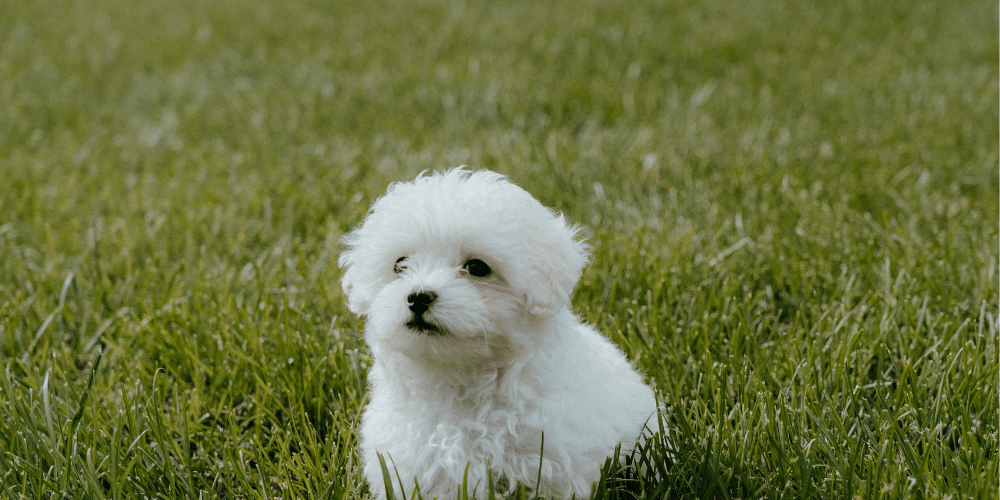
Have you ever seen your furry friend munching on grass in the backyard and wondered why they do it? You're not alone! Many dog owners have witnessed this behavior, and it can be quite puzzling. But don't worry, because in this blog post, we'll explore the reasons why dogs eat grass.
Why Do Dogs Eat Grass?
There are many theories about why dogs eat grass, but the truth is that no one knows for sure. However, here are some of the most common explanations:
- To Ease Digestive Issues:
One of the most popular theories is that dogs eat grass to ease digestive issues. If a dog's stomach is upset, they may eat grass to induce vomiting, which can help relieve discomfort. This theory is supported by the fact that dogs often vomit after eating grass. - Nutritional Deficiencies:
Another theory is that dogs eat grass to supplement their diet with nutrients they may be lacking. Grass contains a variety of vitamins and minerals that dogs need, such as fiber, chlorophyll, and folic acid. However, most dog foods contain all the necessary nutrients, so this theory is unlikely. - Boredom or Anxiety:
Some dogs may eat grass out of boredom or anxiety. If a dog is not getting enough exercise or mental stimulation, they may turn to grass as a way to relieve stress or pass the time. - Natural Instinct:
Finally, some experts believe that eating grass is a natural instinct for dogs. Wild canids, such as wolves, often eat grass as part of their diet. Grass may help them digest their prey or act as a natural laxative.
Should I be worried about my dog eating grass?
If your dog eats grass occasionally and seems healthy, there's probably no reason to worry. However, if your dog eats a large amount of grass or seems to be doing it excessively, it could be a sign of an underlying health issue or behavioral problem.
If your dog is vomiting frequently, has diarrhea, or seems unwell, it's best to consult with your veterinarian. Eating grass can be a sign of digestive issues, such as gastrointestinal inflammation or infections. In some cases, dogs may eat grass as a way to alleviate pain or discomfort.
Additionally, if you use pesticides or herbicides on your lawn, your dog could be ingesting harmful chemicals along with the grass. Be sure to keep an eye on your dog when they're outside and consider using pet-friendly products on your lawn.
In conclusion, while we don't know for certain why dogs eat grass, there are several theories that offer some possible explanations. If your dog is eating grass and seems healthy, there's probably no reason to worry. However, if your dog is vomiting frequently or seems unwell, it's best to consult with your veterinarian.
Summary:
- Dogs eat grass for a variety of reasons, including digestive issues, nutritional deficiencies, boredom, or natural instinct.
- If your dog eats grass occasionally and seems healthy, there's usually no reason to worry.
- However, excessive grass eating, vomiting, or other signs of illness may indicate an underlying health issue or behavioral problem.
- If you use pesticides or herbicides on your lawn, your dog could be ingesting harmful chemicals along with the grass.
- Consult with your veterinarian if you have any concerns about your dog's grass eating habits.




